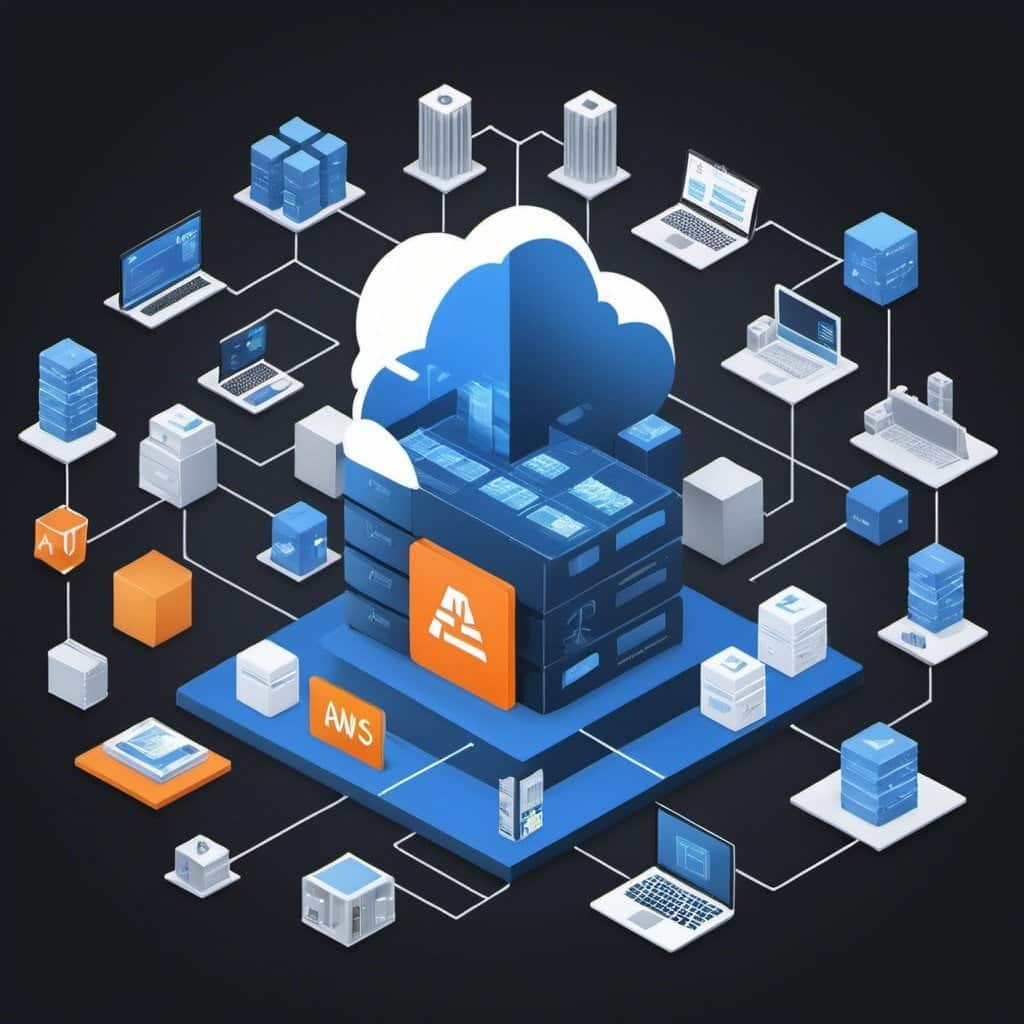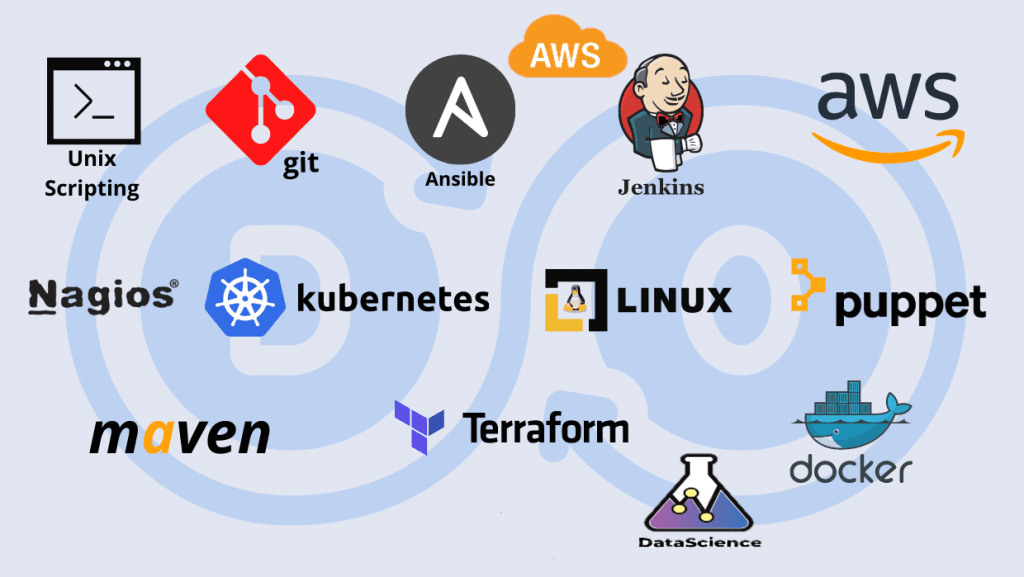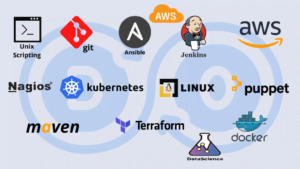What Are the Best AWS Cloud Engineer Interview Questions?
AWS Cloud Interview Questions for Cloud Support Engineer Job
Introduction: First Steps into the AWS Cloud
- Discuss the importance of AWS knowledge in today’s IT landscape.
- Encourage the reader with tips on how to approach the learning process.

Section 1: The Linux Launchpad
- Explain why Linux knowledge is crucial for AWS.
- Offer insights into fundamental Linux concepts that are often discussed in interviews.
Section 2: AWS Cloud Foundations
- Outline the basic AWS Cloud concepts that every candidate should know.
- Provide examples of common interview questions related to AWS fundamentals.
Section 3: Core Services and Your Career
- Delve into AWS’s core services like EC2, S3, and RDS.
- Discuss how understanding these services can boost one’s career prospects.
Section 4: Security in the Cloud
- Highlight the significance of security practices in AWS.
- Share potential interview questions on IAM, security groups, and policies.
Section 5: Networking Your Way to Success
- Break down the networking essentials for AWS.
- Suggest interview questions on VPCs, Internet Gateways, and Route Tables.
Section 6: Monitoring and Vigilance
- Emphasize the role of monitoring tools like CloudWatch in AWS.
- List questions that could test a candidate’s knowledge of AWS monitoring.
Section 7: The Serverless Frontier
- Introduce the concept of serverless computing with AWS Lambda.
- Predict interview questions that explore the advantages of serverless architecture.
Section 8: The DevOps Connection
- Connect the dots between AWS and DevOps practices.
- Propose interview scenarios that assess a candidate’s DevOps understanding.
Section 9: Pricing and Cost Efficiency
- Discuss the AWS Pricing Calculator and cost-saving strategies.
- Prepare the reader for interview questions on managing AWS expenses.
Conclusion: Your Cloud Journey Awaits
- Summarize the key takeaways from the blog post.
- Inspire the reader to continue learning and growing in their AWS journey.
What are some common interview questions for DevOps roles?
DevOps roles often involve a mix of development, operations, and systems engineering tasks. Here are some common interview questions that you might encounter when applying for a DevOps position:
- What is DevOps?
- This question assesses your understanding of the DevOps philosophy and practices.
- Can you describe your experience with automation tools?
- Interviewers want to know about your hands-on experience with tools like Jenkins, Ansible, Puppet, or Kubernetes.
- How do you approach CI/CD in your workflow?
- This question is aimed at understanding your familiarity with Continuous Integration and Continuous Delivery practices.
- Are you experienced with containerization technologies such as Docker or Kubernetes?
- Given the prevalence of containerization, this question gauges your skills in this area.
- How do you ensure code quality and manage version control?
- This could involve discussing your experience with Git and strategies for maintaining code quality.
- Describe a challenging problem you solved in a DevOps context.
- This behavioral question seeks to understand your problem-solving skills and how you apply them in a DevOps environment.
- What strategies do you use for monitoring and logging?
- Monitoring and logging are crucial for maintaining system health, so you may need to discuss tools like Nagios, ELK Stack, or Datadog.
- How do you handle configuration management?
- Configuration management is key in DevOps, and you might be asked about your experience with tools like Chef or Puppet.
- What is your approach to cloud infrastructure, and are you familiar with any cloud providers like AWS, Azure, or GCP?
- Cloud services are integral to DevOps, and this question tests your knowledge and experience with cloud platforms.
- How do you manage security and compliance in your DevOps practices?
- Security is a top priority, and you may need to discuss your approach to securing the software development lifecycle.
These questions cover a broad range of topics within DevOps and can vary depending on the specific role and company.
Virtualization 90 Minute Demonstration Crash Free udemy Cour
the secrets of virtualization in just 90 minutes with comprehensive course! practical skills real-world applications for VMware vSphere, Microsoft Hyper-V, AWS.







